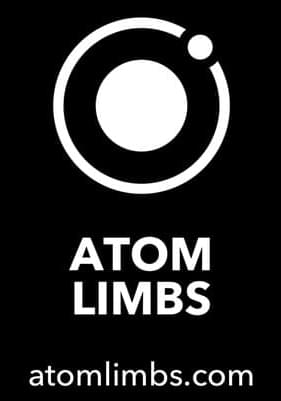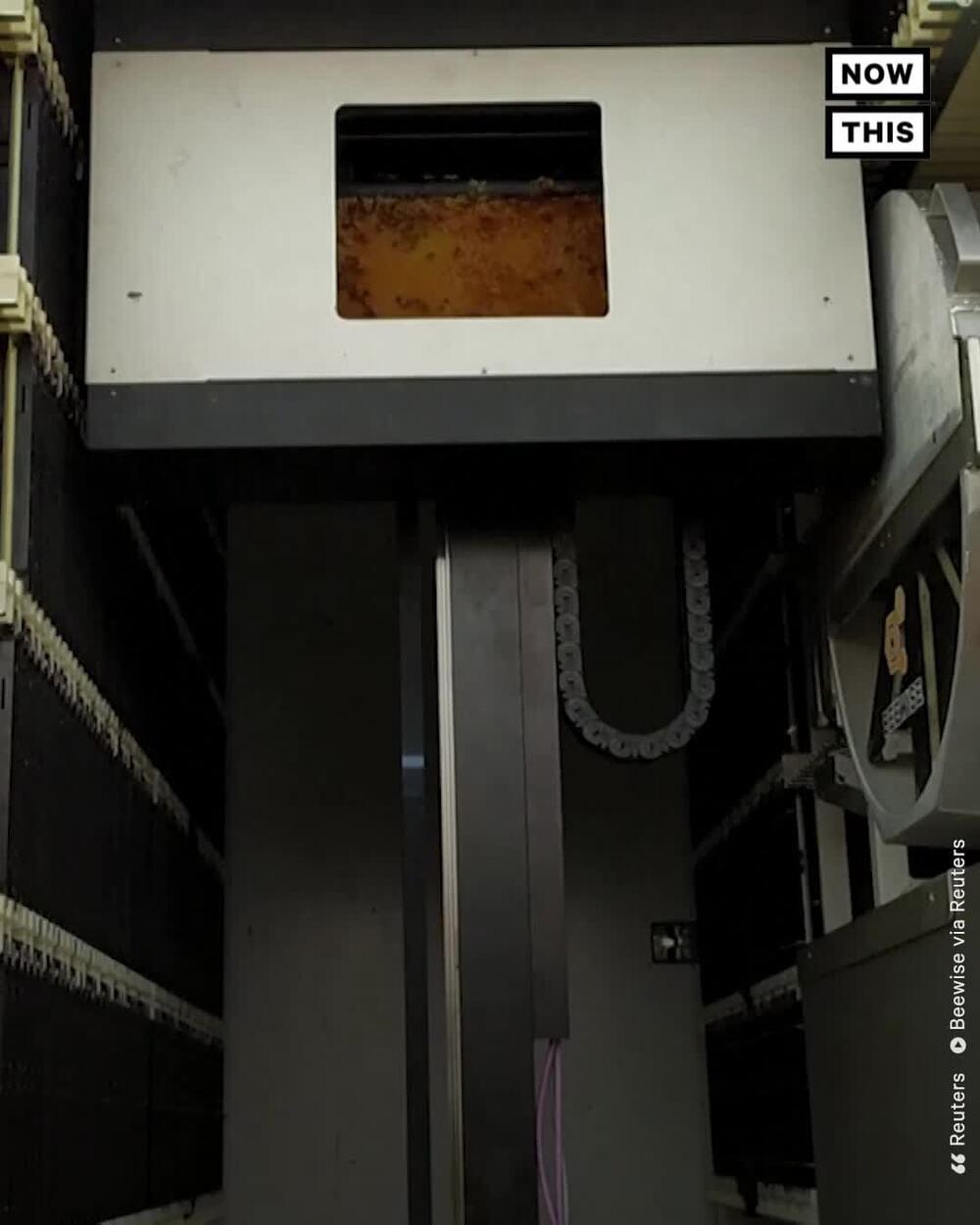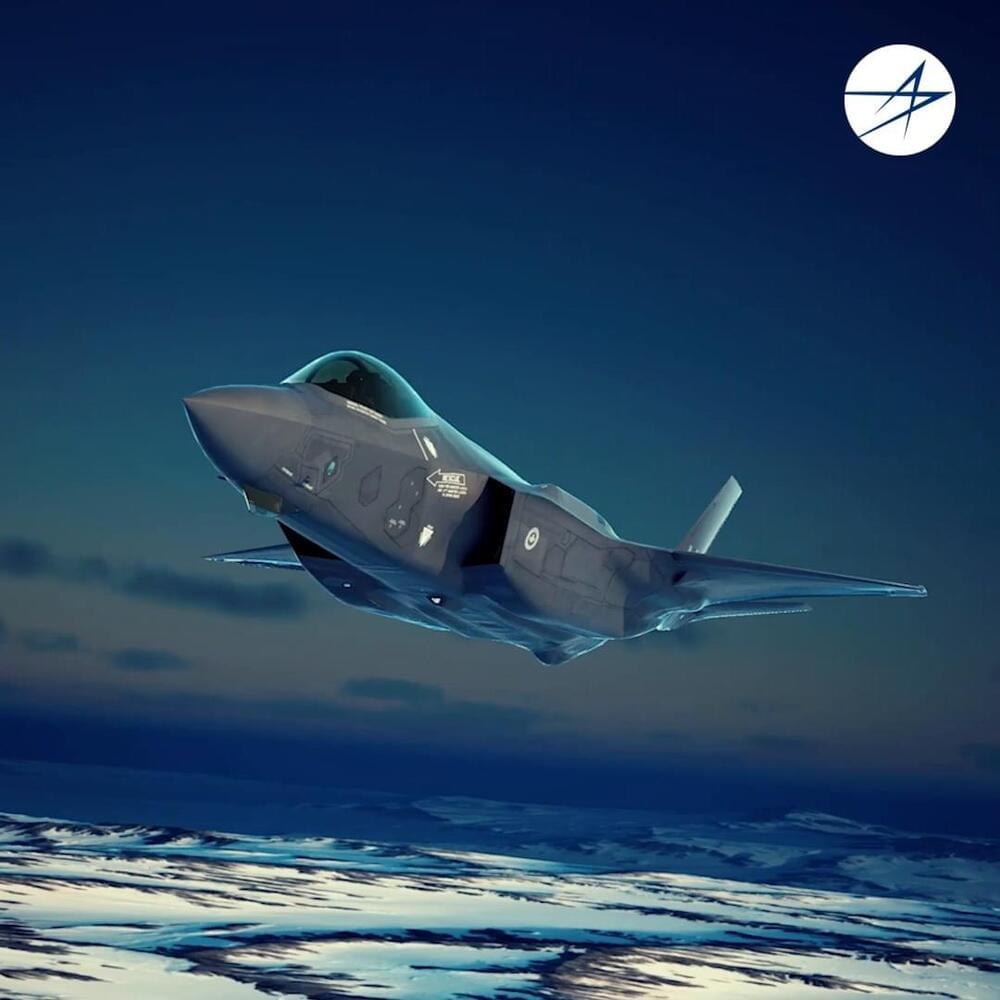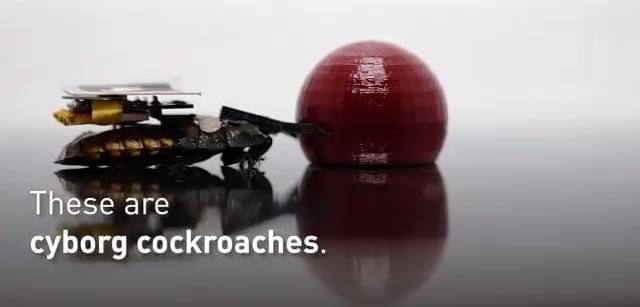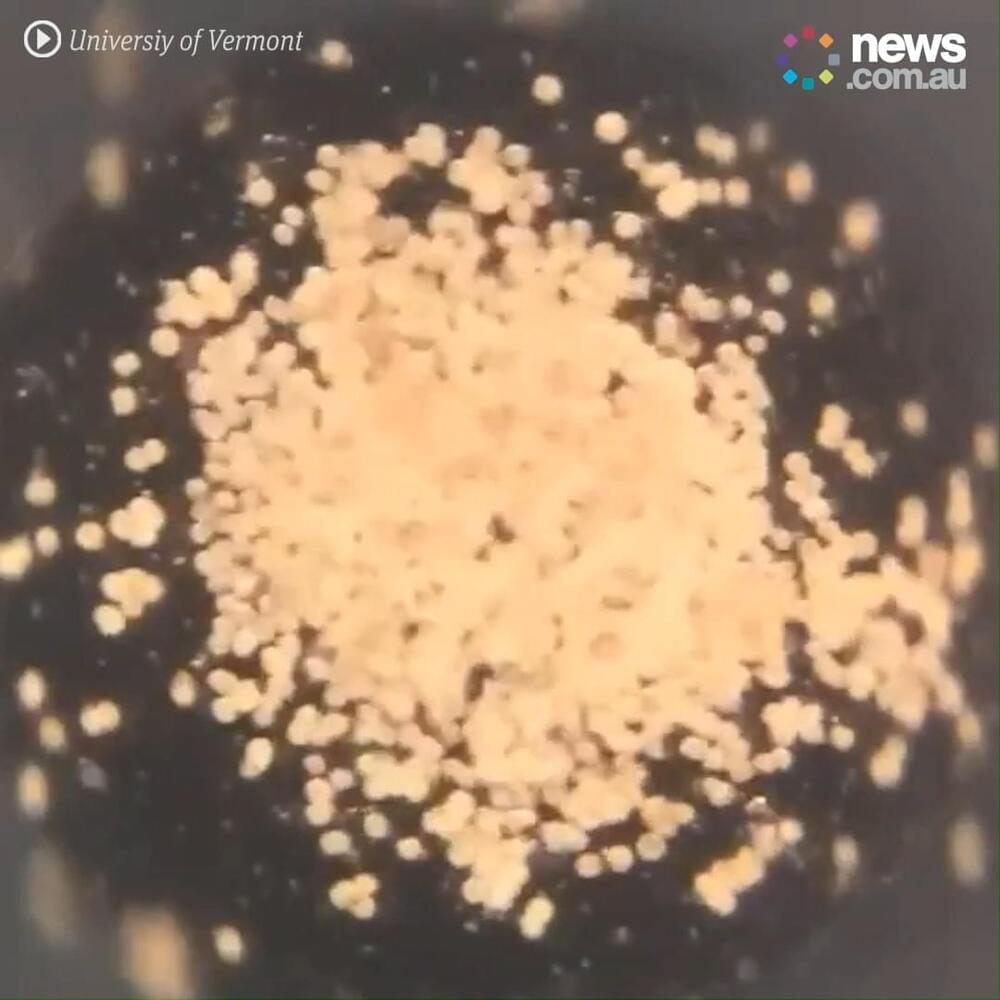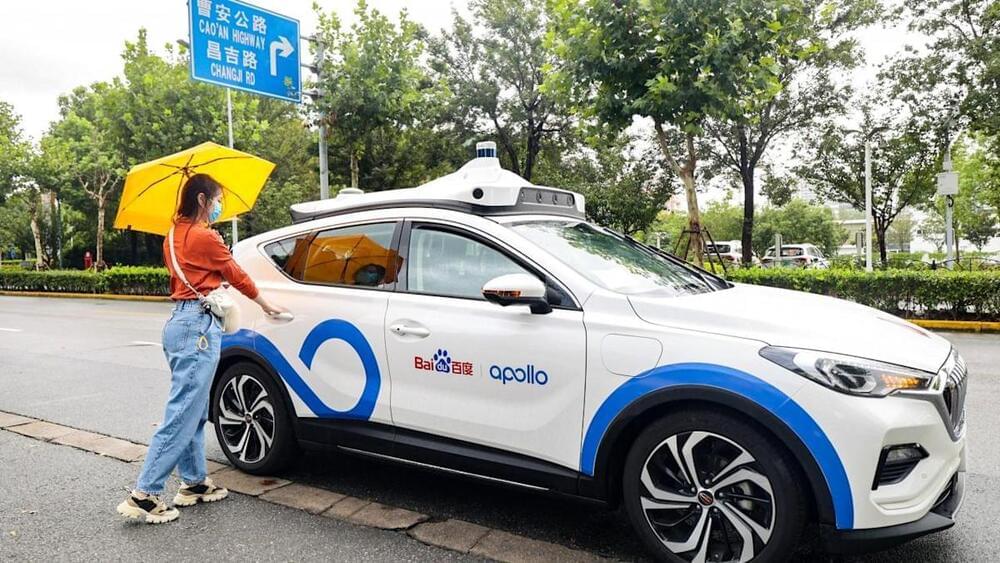Page 5489
Dec 11, 2021
MIT Physicists Use Fundamental Atomic Property To Turn Matter Invisible
Posted by Dan Kummer in categories: chemistry, engineering, particle physics
Atom ’s electrons are arranged in energy shells. Like concertgoers in an arena, each electron occupies a single chair and cannot drop to a lower tier if all its chairs are occupied. This fundamental property of atomic physics is known as the Pauli exclusion principle, and it explains the shell structure of atoms, the diversity of the periodic table of elements, and the stability of the material universe.
Now, MIT
MIT is an acronym for the Massachusetts Institute of Technology. It is a prestigious private research university in Cambridge, Massachusetts that was founded in 1861. It is organized into five Schools: architecture and planning; engineering; humanities, arts, and social sciences; management; and science. MIT’s impact includes many scientific breakthroughs and technological advances.
Dec 11, 2021
Signup now for free for the Spring ‘22 Beta for the Atom Touch
Posted by Dan Kummer in categories: particle physics, robotics/AI
Probably some of the best robotic hands developed to date. definitely worth a look, for robotics people.
The Atom Touch artificial arm is capable of full human range of motion, restores a basic sense of touch, and is non-invasively mind-controlled.
Dec 11, 2021
This robotic ‘hive’ could be the key to saving the bees 🐝
Posted by Shane Hinshaw in category: robotics/AI
Dec 11, 2021
May I present to you the first generation of virtual reality (VR)
Posted by Muhammad Furqan in category: virtual reality
Dec 11, 2021
These cyborg cockroaches can be commanded by a human pilot to perform basic tasks
Posted by Muhammad Furqan in category: cyborgs
Dec 11, 2021
Don’t mean to alarm you, but robots are now able to reproduce
Posted by Muhammad Furqan in category: robotics/AI
Dec 11, 2021
Baidu, Pony AI granted China’s first licences to charge passengers for self-driving taxis in Beijing
Posted by Kelvin Dafiaghor in categories: internet, robotics/AI
Two operators including Chinese internet search giant Baidu have been given the green light to start charging passengers to use their autonomous taxis in Beijing.
Baidu and Pony AI became the first companies to be granted licences by mainland Chinese authorities to launch their driverless cab services commercially following successful trial periods.
On Thursday, the Beijing High-level Automated Driving Demonstration Area gave permission for Baidu and Pony AI to charge fees for their so-called robotaxis in a designated area of the capital covering 60 square kilometres.
Dec 11, 2021
Nuclear fusion startup test fires plastic waste-powered rocket
Posted by Kelvin Dafiaghor in categories: nuclear energy, space travel, sustainability
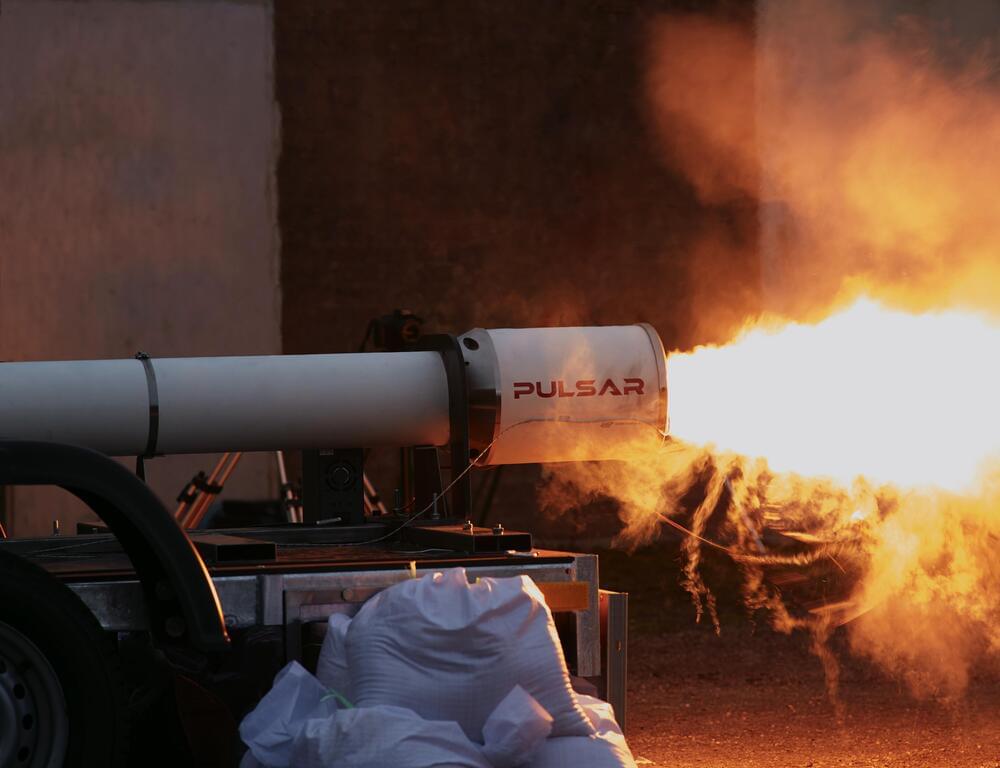
A UK company with lofty aspirations around sustainable space travel has test-fired a rocket engine powered in part by plastic waste. Pulsar Fusion’s hybrid rocket engine is part of an ambitious journey that also involves the development of nuclear fusion technology for high-speed propulsion, which could cut travel times to Mars in half.
The idea of incorporating recycled plastic waste into hybrid rocket fuels is something we have seen explored before. Virgin Galactic flirted with the idea back in 2014 through the use of a rocket powered by a fuel based on a class of thermoset plastics, though this was swiftly abandoned after a failed test flight. Scottish company Skyrora is another outfit working on such a technology, having successfully tested out its Ecosene fuel made from converted plastic waste.
Continue reading “Nuclear fusion startup test fires plastic waste-powered rocket” »


